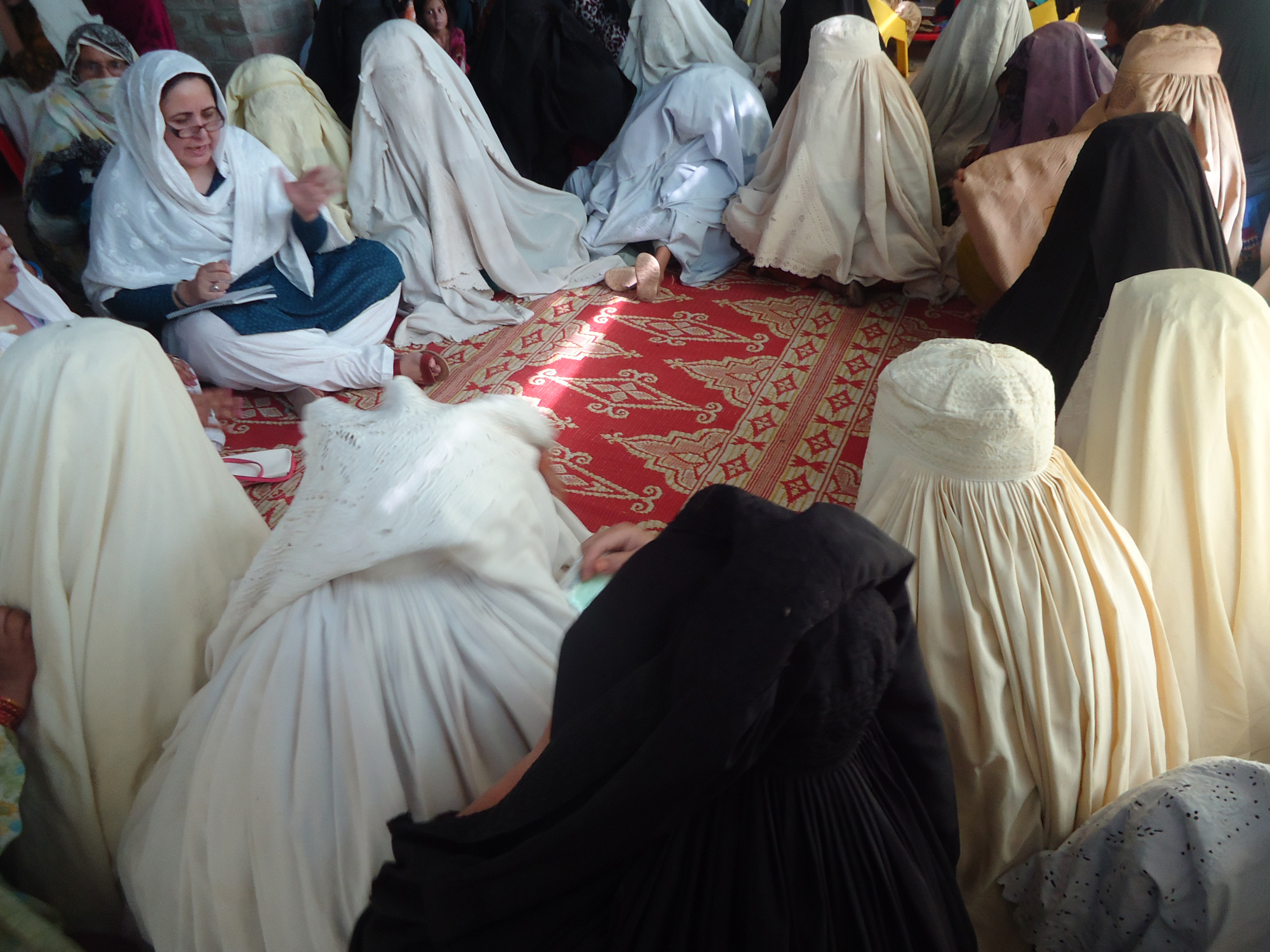
Location: Denver, CO, USA
Grant Work: Afghanistan, India, and Pakistan
Channel Focus Area: Ensuring Women’s Participation in Conflict Resolution and Peacebuilding
Website: www.womensregionalnetwork.org
Watch: Women’s Regional Network YouTube
Mission:
The Women’s Regional Network (WRN) is a collaborative network of women civil society leaders working together to advance women’s rights and regional peace in Afghanistan, Pakistan, and India.
The core purpose of WRN is to amplify the voices of unheard, marginalized women, and together address the interlinked issues of peace and security, justice and governance and growing militarization in South Asia.
WRN NEWS:
WRN EVENTS:
Channel Grants:
2021-24: Channel made a three year general operating grant to the Women’s Regional Network (WRN) to support their work amplifying the voices of conflict-affected women in order to address the interlinked issues of peace and justice, governance and security, within the context of growing militarization in South Asia and beyond.
2020: Channel made a general operating support grant to Women’s Regional Network (WRN) for their work coordinating a network of women leaders from Afghanistan, Pakistan and India committed to strengthening the security of women and enhancing women’s leadership to take action in preventing conflict, building peace, and protecting women’s rights in South Asia.
2019: Channel made a grant to Women’s Regional Network (WRN) to continue supporting WRN’s work coordinating a collaborative regional network of women, peace and security experts from South Asia (particularly Afghanistan, Pakistan and India) who are committed to strengthening the security of women and enhancing women’s leadership to take action in preventing conflict, building peace, and protecting women’s rights in South Asia.
WRN’s country offices in the region strengthen the capacity of the core teams to undertake advocacy with the recommendations from the women on the ground and offer space for regular meetings, collaboration and the creation of joint agendas. Channel funds were used where they were most needed in the country offices to continue the Community Conversations programs which document women’s voices in conflict zones. In addition, WRN engages in advocacy on women, peace, and security issues in the region and in policy fora in certain locations such as the United States and elsewhere.
2011–2018: Channel made annual grants to the WRN (through the fiscal sponsorship of the Colorado Non-Profit Development Center). WRN brings the voices of the most marginalized women into the public policy discourse in South Asia. WRN’s documentation provides powerful backing for regional advocacy demanding accountability for human rights violations in situations of internal displacement and support for national policies. WRN seeks to build on its previous successful advocacy around the Women, Peace and Security (WPS) Agenda at regional and global and global levels. WRN hopes its work will lead to a strengthened network, greater engagement with the media and visibility and attention to WPS issues, and ultimately to the greater amplification of the voices of women.
In particular Channel supported WRN to conduct critical research, documentation and advocacy via Community Conversations across the three countries in which they work. Community Conversations document women’s voices in conflict zones and involve field research, travel, and logistics, and engage Country Coordinators in the three countries who provide key support to researchers or conduct research themselves. These Conversations have generated rich, detailed accounts from Afghanistan, Pakistan and India of the gendered experience of insecurity which have been published as Country Reports. In each site, the conversations centered on security, corruption, extremisms and militarization of aid and development.
In addition, Channel supported the strengthening of Country Offices and of the network itself by building the capacity of core teams to undertake advocacy with recommendations from the women on the ground.
Publications:
WRN’s research and writing has spanned many years, resulting in more than 15 publications including Country Reports that provide rich and detailed accounts of women’s voices. The WRN’s body of work honors the voices of women documented; creates an avenue for women’s testimony across caste, class, religion, ethnicity and national borders to identify gendered concerns and needs; demands accountability for failure of the state to provide protection against abuses perpetrated by state and non-state actors; and highlights women’s innovative organizing ability.


